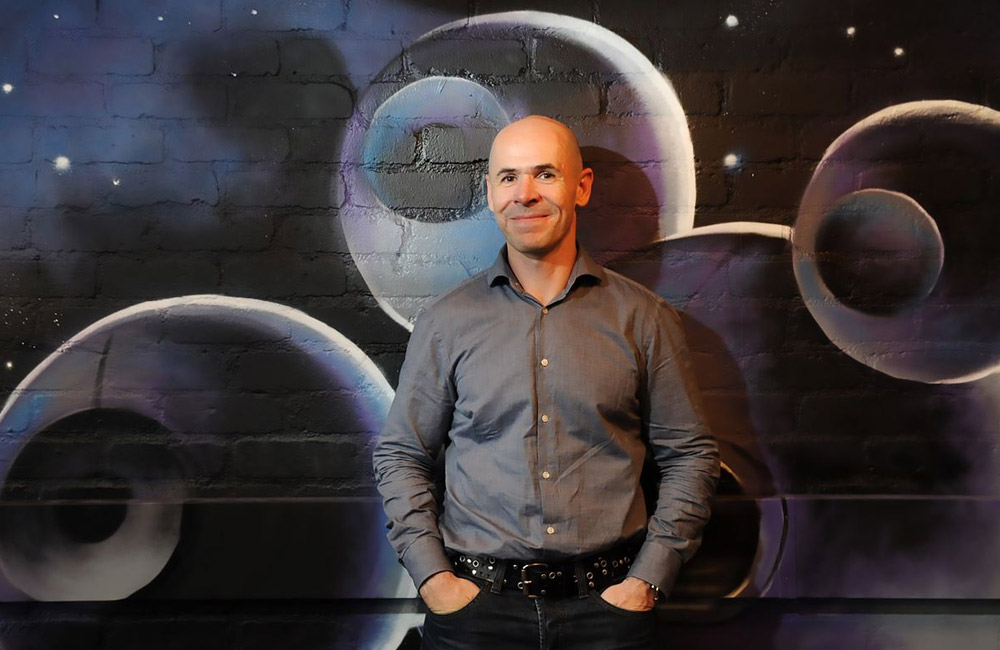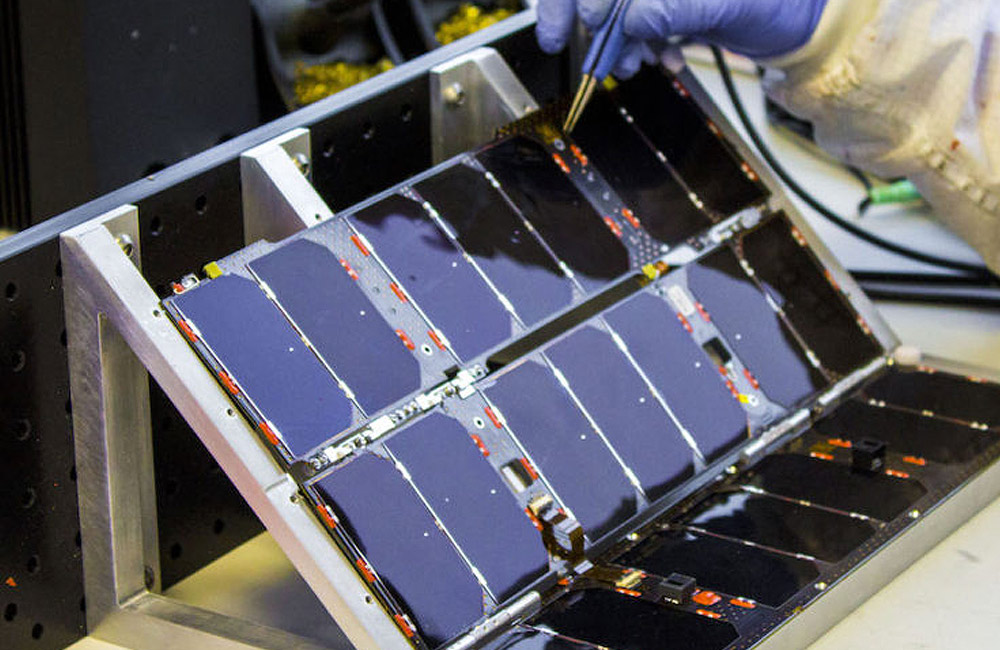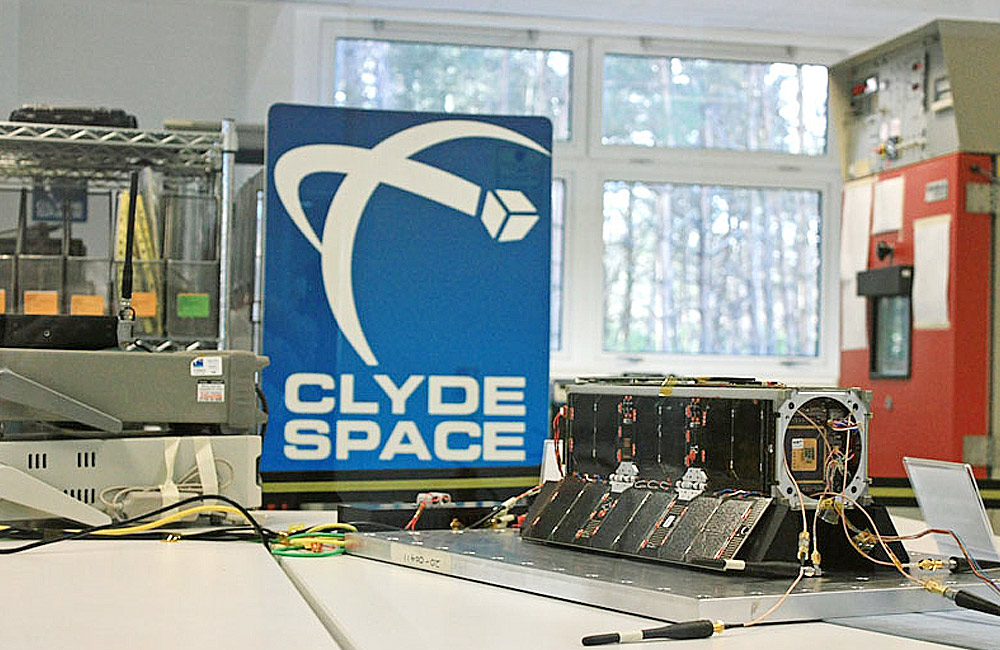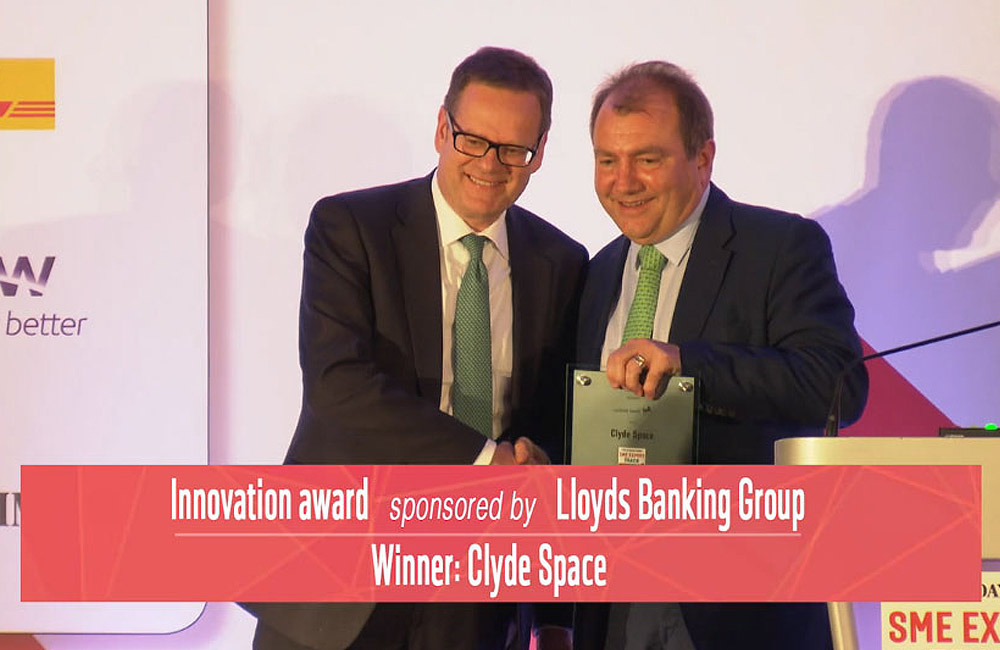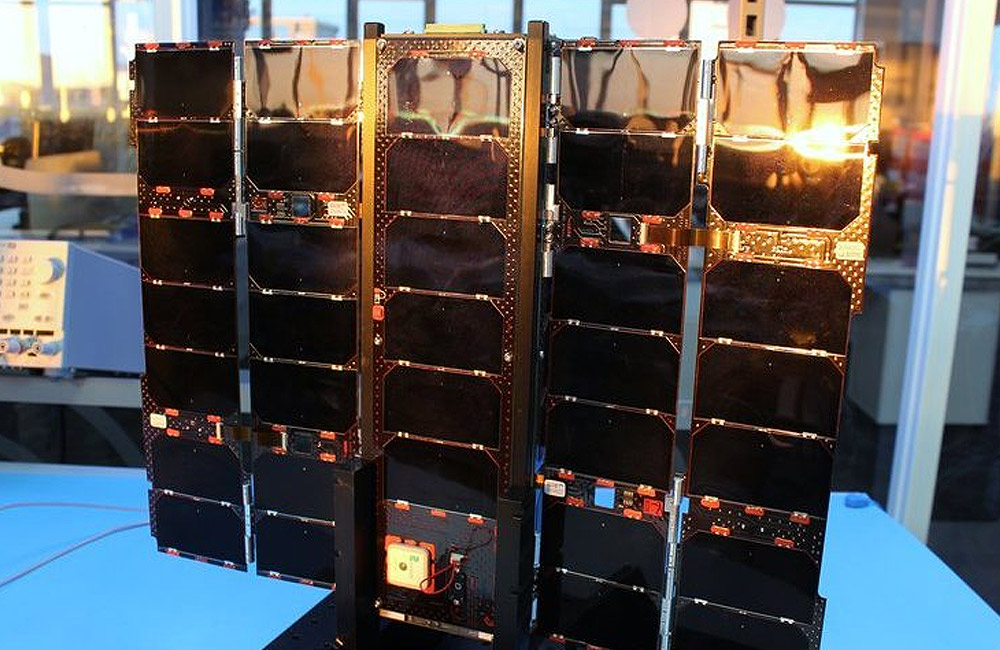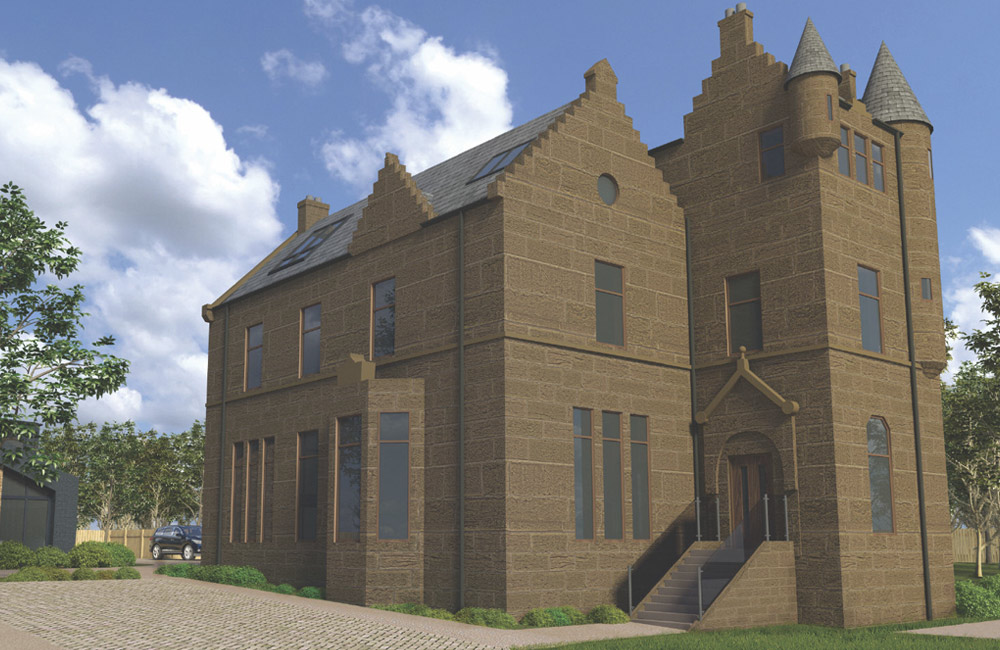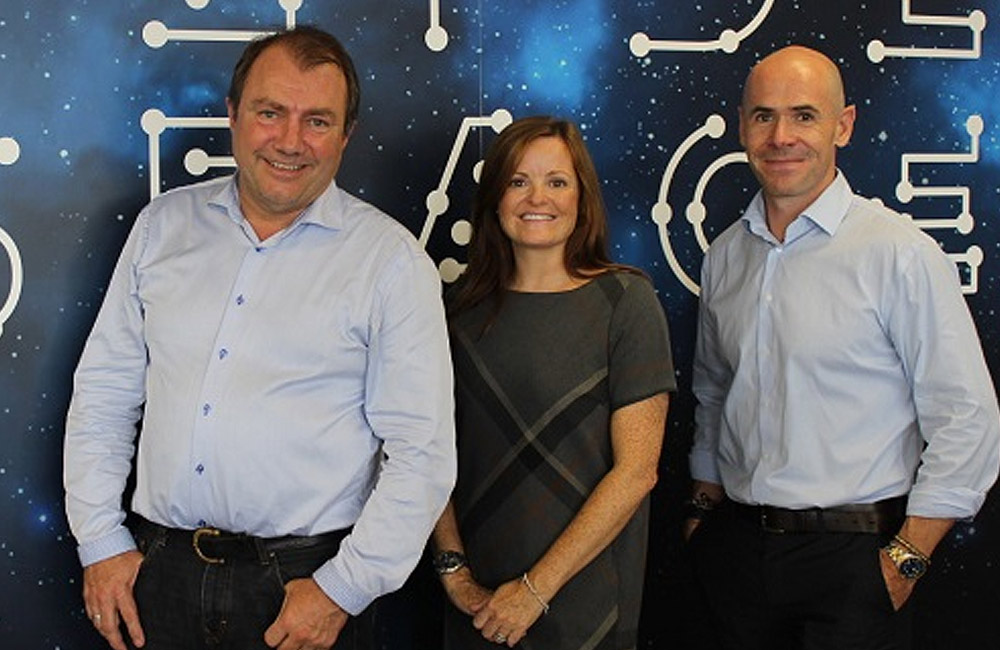Clyde Space, the pioneering company which designed and manufactured Scotland’s first spacecraft, has announced two major appointments to its management team including the former President of Virgin Galactic.
Industry veteran, Will Whitehorn, who had a long career with Virgin and is currently Deputy Chairman of Stagecoach Group PLC, joins as Non-Executive Chairman. Jennifer Riddell-Dillet, a Senior Executive with multinational experience leading and developing business teams, becomes Chief Operating Officer.
Clyde Space CEO, Craig Clark, said Will and Jennifer added a vast array of world-wide business and technology experience to Clyde Space at a critical time in the company’s growth.
He said they were key appointments to the rapidly-growing company’s long term business strategy to maintain their market lead and he expected them “to bring an energy and experience which, combined with the company’s vision, will strike a synergy that will help build on current commercial success, both domestically and internationally”.
He added: “I am delighted to welcome on-board two key additions to the Clyde Space team. Our team are our greatest asset and their skills and commitment make us a world leading provider of small spacecraft.
“Will’s experience will help develop Clyde Space as an innovative global brand. This, coupled with Jennifer’s extensive experience of modern manufacturing best practice, represents significant added value to Clyde Space as we transition the company to support the growing market demands for production of high volumes of advanced small spacecraft.”
As president of Virgin Galactic, Will established the project to build the world’s first human passenger-carrying commercial spacecraft. He was also brand development and corporate affairs director of Virgin Management from 1987-2007 during which time he helped grow the Virgin brand globally and acted as a spokesman for Sir Richard Branson. Will is a Fellow of The Royal Aeronautical Society and holder of the 2010 Geoffrey Pardoe Space Award for his significant contribution to the industry
As well as his current post with Stagecoach Group PLC, Will is also Chairman of the SECC & SSE Hydro in Glasgow, and has a portfolio of other well-known companies and organisations where he is either Chairman or Non-Executive Director including recent UK Stock Market success story, Purplebricks Group PLC.
He said: “Three things that I love amongst many are Space, Technology and Transportation. Clyde Space combines all three and is building some of the coolest, smallest and sexiest spacecraft in the world at the moment. I’m really looking forward to joining Craig, Jennifer and the team in building a world-class global business based in Glasgow, a world class city.”
Jennifer joins Clyde Space from advanced optical product specialists Daysoft where she was Managing Director and also has wide experience with other companies where she was charged with implementing strategic direction and sales growth.
She said: “Joining Clyde Space at this stage of the organisation’s growth is a fantastic opportunity. The future of the nano/small satellite market and the levels of growth offers me and the team some of the most exciting opportunities a manufacturer could hope for.”
Craig added: “Clyde Space is already a rapidly growing $10 million dollar company and our ambition is to secure a significant share of the $2.2 billion dollar small satellite market.
“Over the last few years we have invested in product and process development, expanded our team, put in place world class assembly and test facilities and announced our international expansion plans.
“We currently have more than 80 staff and are growing at rate of over 50% per year. This increase is fuelled by an increasing number and size of orders, which is typically a mix of subsystem orders and full missions.
“For example, there are currently an average of six spacecraft per month being produced in our cleanroom. Over 80% of our orders come from out with Europe, half of which are from US based organisations. This in turn has influenced our need to internationalise. The addition of Will and Jennifer to the team will be critical to ensuring we can expand quickly enough to meet the pace of market growth.”
With a record number of new orders won in the last 12 months, such as Outernet, a multi-spacecraft mission to demonstrate free data broadcast with US broadcast company Outernet Inc, and the recently announced In-orbit Demonstration programme for the Satellite Applications Catapult, the company is moving from strength-to-strength.
Clyde Space are delighted they’ve managed to bring the space industry to Scotland, the hidden gem of the UK’s economy and which is anticipated to be worth £40 billion to the UK economy by 2030.
Clyde Space has earned a world-wide reputation for excellence since designing and manufacturing Scotland’s first spacecraft, a CubeSat for the UK Space Agency, which was launched in July 2014.
Heavily investing in capability over recent years, the company is developing a CubeSat ground-station, with the support of a Scottish Enterprise R&D grant, which will shortly be installed in the heart of Glasgow. This will be used to control Clyde Space satellites in low earth orbit and enable the company to provide end-to-end mission solutions for their customers.
In addition, the company has installed vibration and thermal vacuum test facilities at its headquarters in Glasgow, enabling spacecraft to complete the full design, build and test cycle.
Further information on the company’s much anticipated US expansion will be released later this year.
Clyde Space is backed by private equity specialists Coralinn LLP, the investment vehicle of leading Scottish entrepreneur Hugh Stewart OBE.

